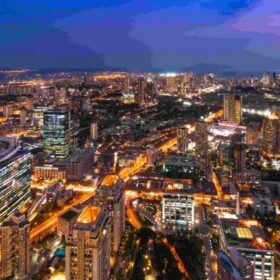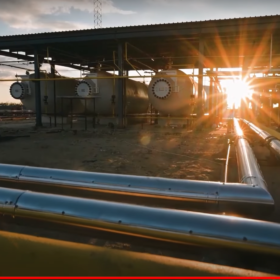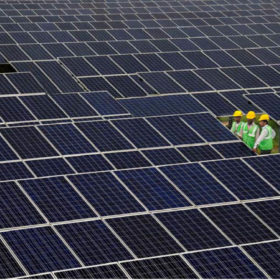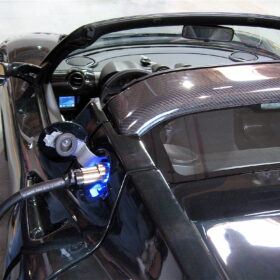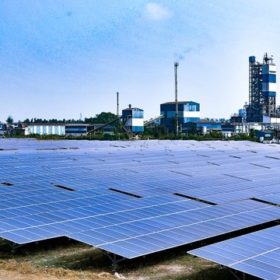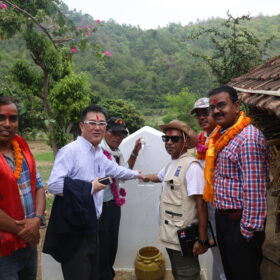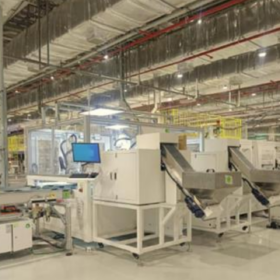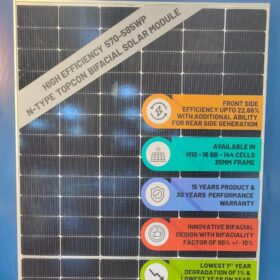Dutch government allocates €412 million to support ‘circular’ PV panel manufacturing
The Dutch cabinet said it will support solar factories that will produce panels with a circular economy approach. It also allocated €296 million to support battery manufacturing.
World Bank approves $1.5 billion to support India’s low-carbon transition
The World Bank has approved $1.5 billion in financing to accelerate India’s development of low-carbon energy. The financing will help India scale up renewable energy, develop green hydrogen, and stimulate climate finance for low-carbon energy investments.
Govt releases incentive guidelines for green hydrogen, electrolyzer production
The Ministry of New and Renewable Energy (MNRE) has notified the guidelines for its incentive schemes to promote the domestic production of green hydrogen and electrolyzers.
Avaada Group closes $1.3 billion funding round
The integrated energy company has closed $1.3 billion in financing for its green hydrogen, green methanol, green ammonia, solar manufacturing, and renewable power generation ventures.
Epsilon Advanced Materials plans $650 million EV battery anode facility in USA
India’s Epsilon Advanced Materials will invest $650 million to set up a graphite anode processing facility in the USA. The facility will produce high-capacity synthetic anode materials for electric vehicle (EV) batteries.
Vikram Solar, Phalanx Impact and Das & Co form JV for ingot-to-module manufacturing in USA
India’s Vikram Solar and New York-based private equity firm Phalanx Impact Partners and investment advisor Das & Co. have formed a joint venture to establish 4 GW of ingot-to-module manufacturing operations in the USA with a planned investment of up to $1.5 billion.
Oriana Power files draft papers for IPO with NSE Emerge
The C&I solar developer will use the net proceeds from the IPO towards meeting its working capital requirements, investment in subsidiary companies, capital expenditure for expansion purposes, and general corporate expenses.
Sterling and Wilson Renewable Energy reports strong order inflow in FY 2023
The solar and energy storage EPC provider is planning to collaborate with competent agencies for support towards development of robotic system for module cleaning, suiting to the company’s in-house designs.
SafEarth raises INR 3.5 crore for its C&I solar online platform
The online solutions provider for commercial and industrial solar has raised INR 3.5 crore to fuel its product development initiatives and expand into new industrial belts across the country.
11,000 residents in Nepal’s Madhesh province gain access to clean water through solar energy
Solar-powered water pumps with a total capacity of 186 kWp have been installed in the Sarlahi and Siraha districts, benefitting 11,865 residents. The projects are a collaborative effort of Nepal’s Alternative Energy Promotion Centre (AEPC), the Government of Japan, and the United Nations Development Programme (UNDP).

